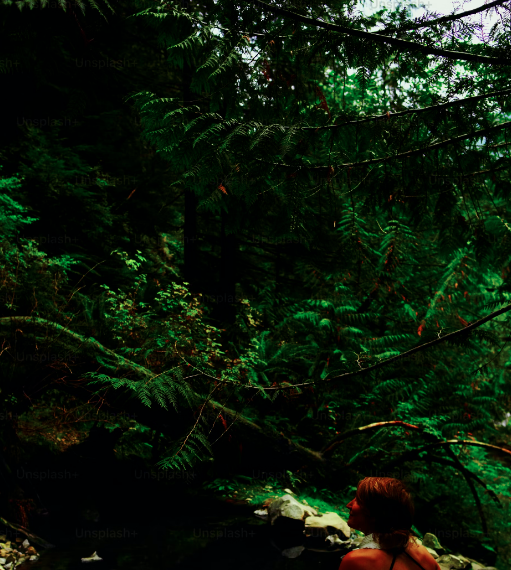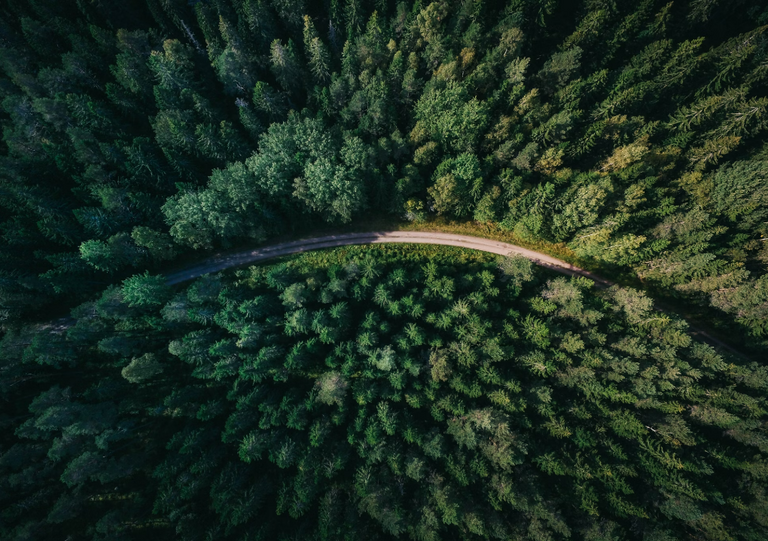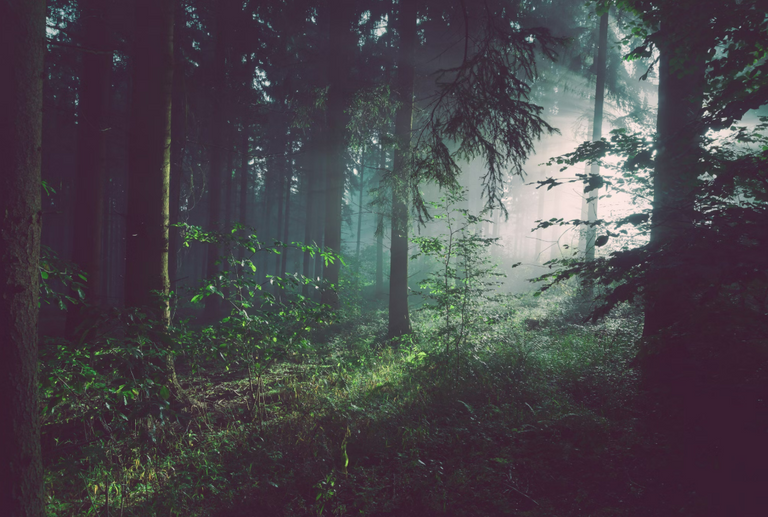In a world dominated by screens and schedules, the simple act of immersing yourself in nature can be transformative. Forest Bathing, or Shinrin-yoku in Japanese, is the practice of spending time in forests to improve your mental and physical well-being. It’s not just a walk in the woods—it’s about slowing down and truly connecting with the natural world.
What is Forest Bathing?
Forest bathing isn’t about swimming in a lake or river; it’s about “bathing” your senses in the sights, sounds, and smells of the forest. It encourages mindfulness and a deep appreciation for the natural environment.
Benefits of Forest Bathing
1. Reduces Stress
- Spending time in green spaces lowers cortisol levels, reducing anxiety and stress.
2. Boosts Immunity
- Trees release phytoncides, natural compounds that improve immune function.
3. Enhances Mental Clarity
- The quietude of forests promotes focus, creativity, and problem-solving.
4. Improves Mood
- Exposure to natural light and fresh air increases serotonin, the “feel-good” hormone.
5. Promotes Cardiovascular Health
- Studies show forest bathing can lower blood pressure and heart rate.
How to Practice Forest Bathing
- Choose a Natural Spot: A forest, park, or nature reserve works well—any place where you can be surrounded by trees.
- Leave Technology Behind: Turn off your phone to minimize distractions.
- Engage Your Senses:
- Smell the earth and trees.
- Listen to birdsong and rustling leaves.
- Touch tree bark or soft moss.
- Walk Slowly: Meander through the forest without a set goal or pace.
- Pause and Reflect: Sit on a log or lean against a tree. Breathe deeply and take in your surroundings.
When and Where to Forest Bathe
Best Times:
- Early morning or late afternoon for tranquility and soft light.
- After rain for the rich, earthy scents of petrichor.
Top Locations Worldwide:
- Japan: Aokigahara Forest, known as the “Sea of Trees.”
- USA: Redwood National Park in California or Great Smoky Mountains.
- Europe: Black Forest in Germany or New Forest in England.
- India: The lush greenery of Munnar, Kerala.
How Forest Bathing Differs from Hiking
While hiking often focuses on physical activity and reaching a destination, forest bathing emphasizes the journey itself. It’s about being, not doing.
Tips for a Deeper Connection
- Journal Your Experience: Reflect on how the forest makes you feel.
- Bring a Friend: Sharing the experience can enhance your enjoyment.
- Incorporate Meditation: Sit quietly and focus on your breathing amidst the trees.
- Visit Regularly: The more you go, the more benefits you’ll notice.
Why Forest Bathing Matters Today
In an era of urbanization and climate change, reconnecting with nature is more important than ever. Forest bathing not only heals individuals but fosters a deeper appreciation for the environment, encouraging sustainable living and conservation efforts.
Final Thoughts
Forest bathing invites us to slow down, breathe deeply, and embrace the serenity of nature. It’s a reminder that the world’s most profound joys are often the simplest. Whether you’re seeking solace, inspiration, or a renewed sense of wonder, the forest is waiting to welcome you.


